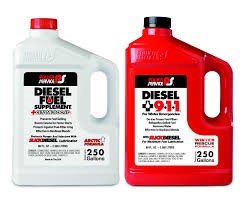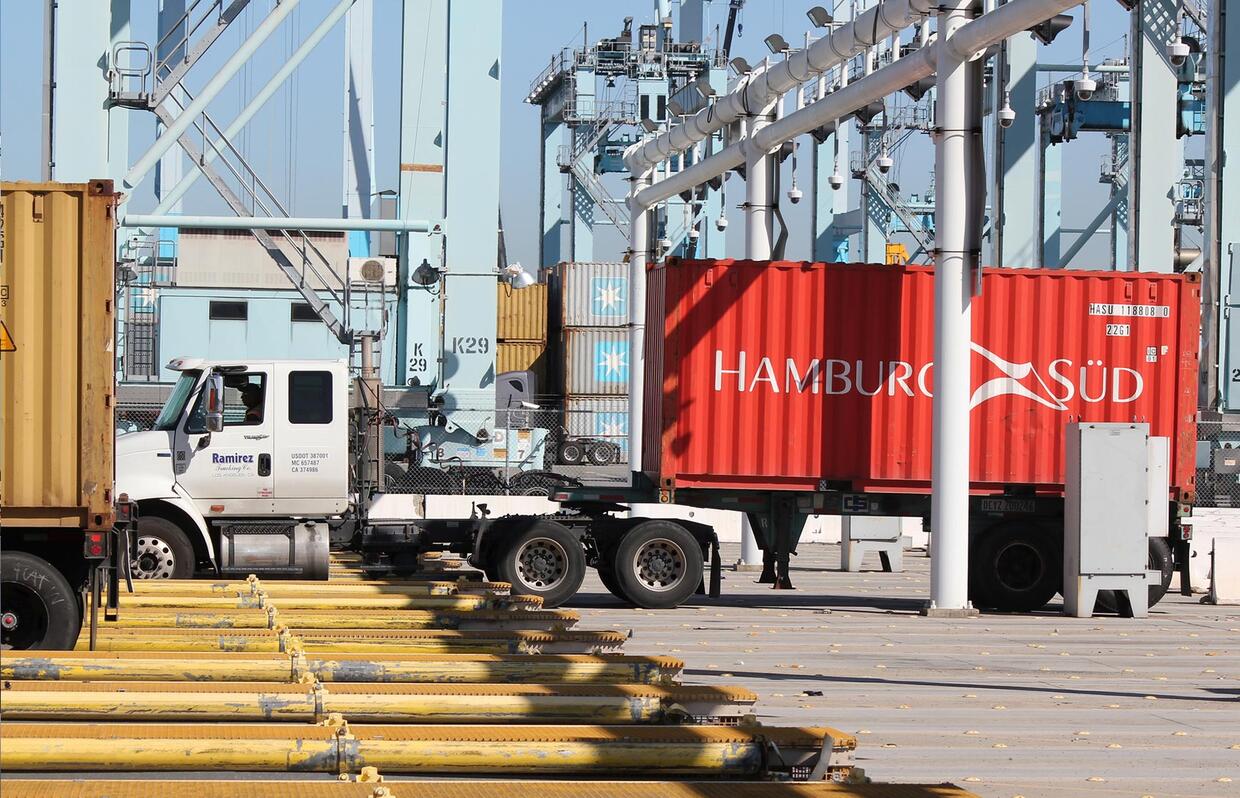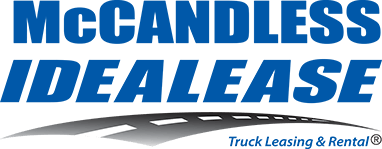Cold Weather is Here!
This week's safety bulletin give you the best tips on safe Winter driving and preparing for the cold weather! Make sure you are signed up for future safety bulletins and download a PDF version to download and share!
In This Issue:
- Taking Care of Your Fuel During the Winter
- Preventing Driver Injuries in the Fall and Winter
- DOT Clearinghouse Annual Query Deadline is January 1st
This week the Midwest is getting its first dose of measurable snow and below freezing temperatures. It is an excellent time to review with your drivers as to how to take care of their fuel during these times.
- Diesel supplements should be added to ultra-low sulfur diesel fuel when temperatures drop below 32 degrees.
- If your truck is equipped with an engine block heater, it should be plugged in when the temperature is below 32 degrees. Trucks that are not utilized should be started and let run every day to bring the unit up to the average operating temperature.
- The initial start-up procedure should be as follows: Complete pre-trip of the unit, unplug the block heater, turn the ignition switch on, and wait for glow plug lights to go out, start the engine, leave the engine run until engine operating temperatures increase.
- For trucks equipped with air brakes, drivers should purge air tanks daily. If the unit is equipped with an air drier, bringing the PSI to 120 will automatically purge the system.
- If you are driving in snow, ice, slush, rain, etc., before parking the unit for the day, you should lightly apply the brakes while the unit is moving to dry the brake shoes, drums, rotors, and pads, so the brakes do not freeze while parked.
- Make sure the windshield washer solvent is full and all windows are clean.
- Remove any ice-snow build-up from steps and grab handles to prevent a slip or fall.
When parking the unit, if heavy snow is in the forecast, make sure the unit is not left parked on an outside dock or near a building overhang. Snow can drift off the building, causing excessive accumulation on the top.
Fuel Additive Use during Cold Weather Conditions
As colder weather approaches you to need to use fuel additives to prevent fuel jelling. Fuel additives should be added anytime the ambient temperature is below 32 degrees farenheight. Power Service and Penray are popular manufactures of fuel additives and both companies have two different products available through Navistar and Idealease locations.

Power Service:
-The "Red Bottle" is Power Service 911 and is to be used ONLY when the fuel in a unit has been jelled
-911 is NOT to be used as a fuel additive that you would regularly put in the fuel tank to keep the fuel from jelling
-Power Service Diesel Fuel Supplement + Cetane "White Bottle" is to be added to the fuel at each fill when the ambient temperature is < 30 degrees F
-This is the additive you should use on a regular basis during the winter months
Penray:
Winter Thaw Emergency Diesel Fuel Supplement
- -Dissolves already gelled fuel fast and reduces clogging of fuel filters
- -Prevents ice crystal build-up in fuel lines and filters by disbursing moisture
- -Eliminates hard starting, pounding, excessive smoking, and helps improve combustion.
- -100% compatible with low sulfur fuel and fuel blends.
Winter Thaw Emergency is ONLY TO BE USED WHEN THE FUEL IS ALREADY JELLED!
Winter Pow-R Plus Diesel Fuel Supplement
- -ULSD compliant
- -Prevents gelling of diesel fuel and ice crystal formation
- -Reduces cold filter plug point b as much as 30ºF
- -Helps enhance cetane and improve fuel economy.
- -Utilizes HAFI® technology.
- -Improves cold-weather starting.
- -Stabilizes and prevents corrosion.
- -Helps reduce emissions and improves lubricity
Preventing Driver injuries in Fall and Winter
Slip/Trip and Fall injuries are drivers' most common type of injury. Most of them occur during the winter months. Each year, thousands of professional drivers are seriously injured due to not paying attention to winter conditions. Working on the ice and snow requires your full attention and awareness.

- Remember it is our primary goal that you go home to your family and friends the way you came to work today, safe, and healthy.
- Always wear proper footwear. A full support leather shoe with a rugged non-slip sole. Use non-slip covers on shoes (Yak Trax, etc.)
- SLOW DOWN, never be in a hurry.
- Always watch where you walk. Snow can accumulate on top of ice in and around truck parking areas.
- Take small steps and check your footing with each step.
- Look for ice on all handrails and hand grabs before using them.
- ALWAYS use gloves for better grip.
- ALWAYS use three points of contact when exiting/entering your tractor or trailer or getting on the catwalk behind the cab, ALWAYS.
- Always use your seat belt.
- SLOW DOWN!
DOT Clearinghouse Annual Query Deadline is January 1st!
The annual DOT Clearinghouse deadline is only a few weeks away, with annual queries for all DOT-regulated CDL drivers due by January 1, 2023. If you still need to run a query on each CDL driver you employ (including yourself if you are an owner-operator), you must do so by this date.
Failure to run these annual queries could lead to fines of up to $2,500 per driver.
Last year we saw the system overwhelmed by the large volume of traffic trying to register and login into the site at the end of the year. If this occurs in the weeks leading up to the deadline, as projected, it could make it difficult for employers to meet their requirements before the deadline.
Our suggestion? Take care of this requirement now before the surge occurs.
About the Annual Clearinghouse Query
Employers must run at least one Clearinghouse query on each CDL driver annually. You can run either a full or a limited query, but if a limited query shows that there is information on a driver’s record, you will be required to run a full query within 24 hours. Failure to do so will result in the driver being pulled from safety-sensitive functions until you can run the full query.
Here are the differences in the queries:
- A limited query is performed annually on existing drivers. The limited query alerts
- a motor carrier whether the driver has information in the database. Drivers sign a general
- consent of the motor carrier's making outside the clearinghouse. Motor carriers
- may ask drivers to sign a consent that will work for more than one year, provided the release has an end date.
- Suppose a current driver has data in the clearinghouse. In that case, the employer must request a full query, which includes detailed information on the violation and any completed steps in the return-to-duty process.
- Motor carriers must also perform a full query as a part of the pre-employment process on new hires.
- Due to the sensitive nature of the full query, the driver must have a portal account to provide authorization electronically. As a result, all applicants need a portal account, while existing drivers only need one if a full query is necessary.
- If a driver refuses to permit to access his or her clearinghouse record (limited or full query), he or she cannot perform a safety-sensitive function such as driving.
For additional information on the FMCSA Drug and Alcohol Clearinghouse, go to:
https://clearinghouse.fmcsa.dot.gov/
FMCSA Reminds Carriers About 3G Changeover Deadline for Verizon Network
The Federal Motor Carrier Safety Administration has reminded motor carriers that the deadline for changing from a Verizon 3G network for Electronic Logging Devices is December 31, 2022. All other 3G provider networks shut down 3G service earlier this year.
FMCSA advises that if you are unsure if your ELD relies on a 3G network, contact your ELD provider. No further action is needed if your ELD does not rely on 3G and meets all minimum requirements.
If your ELD relies on a 3G network, ask your ELD provider about their plan for upgrading or replacing your device to one supported after the 3G sunset and complete the necessary actions as soon as possible. Otherwise, your ELD might not be able to function as of January 1, 2023.
If you have questions, you may contact ELD@dot.gov.
Effective January 1, 2023, Changes for Substance Abuse Professionals (SAP) Treatment of Drivers Who Have Tested Positive.
The Office of Drug and Alcohol Policy and Compliance is issuing a Statement of Enforcement Discretion for Substance Abuse Professionals (SAP) effective January 1, 2023. The document authorizes SAPs to conduct remote assessments and evaluations for employees with drug and alcohol violations.
You can view the guidance document at https://www.transportation.gov/odapc/statement_of_enforcement_discretion_SAPs

Have you prepared your terminal facility for the upcoming Holidays?
It is not uncommon for thieves to target truck terminals over the holidays, as they know it is a good opportunity as no one is there. Ensure you take extra precautions to secure the trucks and items of value at your terminal. If your units do not have anti-siphon devices or locking caps, instruct the drivers not to fill the units at the end of the day. Make sure that all security alarms are in working order. Walk the lot's perimeter to ensure that security fencing is in good condition. Move units and all other materials, such as pallets, tires, etc., far enough away from the fence so they cannot be used to climb on to get over the fence. Consider blocking the entrance and exits to the lot so units cannot be stolen. Throughout the Holidays, assign management personnel to check the terminal randomly. Using a little prevention and common sense can deter a thief from striking your facility.
*The Idealease Safety Bulletin is provided for Idealease locations and their customers and is not to be construed as a complete or exhaustive source of compliance or safety information. The Idealease Safety Bulletin is advisory in nature and does not warrant, guarantee, or otherwise certify compliance with laws, regulations, requirements, or guidelines of any local, state, or Federal agency and/or governing body, or industry standards.
